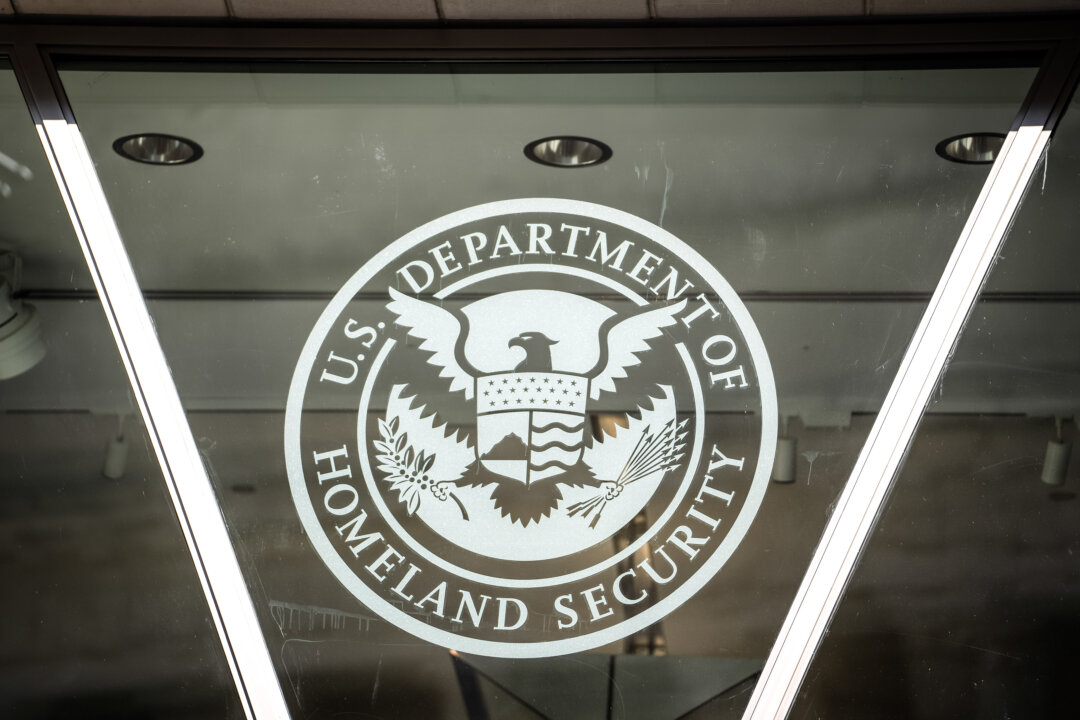A judge ordered the government to stop deporting illegal immigrants without giving them a chance to challenge the removals.
The U.S. Department of Homeland Security (DHS) on April 23 said that it did not violate a court order limiting the government from deporting illegal immigrants.
The U.S. government deported four illegal immigrants to El Salvador on March 31, three days after U.S. District Judge Brian E. Murphy barred the government from deporting illegal immigrants to any country that is not their native country without giving them a chance to present evidence that their removals would place their lives at risk.
The individuals, three of whom were identified as Tren de Aragua gang members and all of whom are natives of Venezuela, were deported to El Salvador by the Department of Defense, the government told Murphy in court filings.
No DHS personnel were on board the flight, and DHS did not direct the Department of Defense to remove the illegal immigrants, Tracy Huettl, chief of field operations in the Southwest for the DHS Immigration and Customs Enforcement division responsible for removing illegal immigrants, said in one of the documents.
Huettl said that all of the men were convicted of crimes and ordered deported by immigration judges and that they were held at Guantanamo Bay in Cuba until they were deported.
Two other illegal immigrants from Venezuela were deported to Mexico before Murphy’s order, she added. One of those illegal immigrants was asked by immigration officers if he feared being sent to Mexico, Mary Larakers, an attorney for the Department of Justice, wrote in the other filing.
“At this time, he stated he was not afraid of returning to Mexico,” she said.
The fact that the deportations were carried out by the military meant that the “DHS did not violate the Court’s Temporary Restraining Order,” Larakers said.
The Pentagon did not respond to a request for comment.
Murphy said in his April 18 order that when the U.S. government sends illegal immigrants to a country that is not their native country, they must be informed about where they are being sent and be given an opportunity to raise safety concerns.
“Prior to removing any alien to a third country, i.e., any country not explicitly provided for on the alien’s order of removal, Defendants must: (1) provide written notice to the alien—and the alien’s immigration counsel, if any—of the third country to which the alien may be removed, in a language the alien can understand; (2) provide meaningful opportunity for the alien to raise a fear of return for eligibility for [Convention Against Torture] protections; (3) move to reopen the proceedings if the alien demonstrates ’reasonable fear‘; and (4) if the alien is not found to have demonstrated ’reasonable fear,’ provide meaningful opportunity, and a minimum of 15 days, for that alien to seek to move to reopen immigration proceedings to challenge the potential third-country removal,” the judge wrote at the time.
Other cases challenging the government’s removal of illegal immigrants have also been advancing in the courts since President Donald Trump in March declared that Tren de Aragua is invading the United States and ordered U.S. officials to deport members of the gang.
On Tuesday, U.S. District Judge Charlotte N. Sweeney ordered that the government must provide Venezuelan natives arrested for alleged links to the gang with three weeks’ notice before removing them from the country.
Government attorneys said in an emergency motion to stay Murphy’s order that it imposes requirements that are not found in law and that the district court lacked jurisdiction under Supreme Court precedent.
The U.S. Court of Appeals for the First Circuit said on Wednesday that it had received the motion and directed the lawyers for the illegal immigrants who sued the government to file a response by 5 p.m. on April 28.

